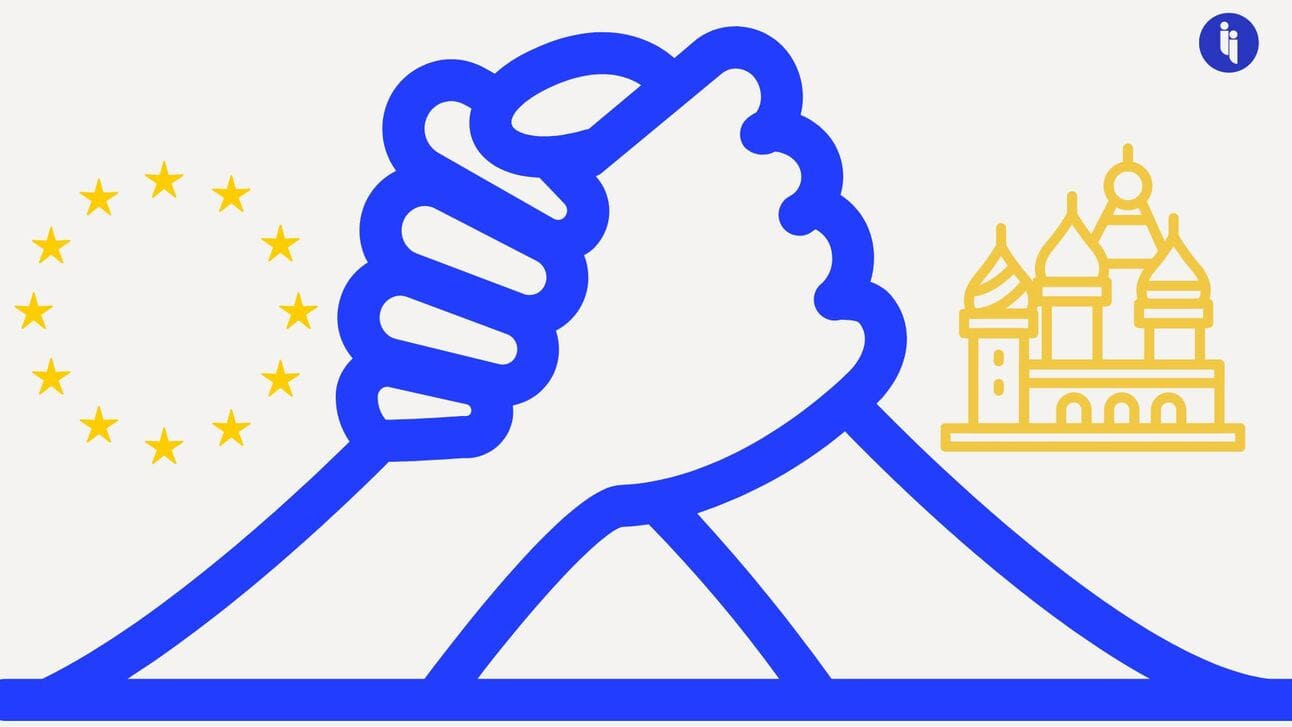Today’s main story takes us to a capital that’s closer to Kabul than Paris and further east than Moscow, but where sentiment is leaning west towards Brussels. Welcome to Tbilisi, Georgia, where protestors are still filling the streets as outrage grows over a bill that passed parliament yesterday (Tuesday).
The ‘Transparency of Foreign Influence’ bill – aka the ‘foreign agent bill’ – requires organisations receiving more than 20% of their funding from abroad to register as “serving in the interest of a foreign power”, and face additional scrutiny.
The bill’s supporters argue it’s just like the West’s own foreign influence laws, bringing more transparency to help Georgia assert its own sovereignty.
Stay on top of your world from inside your inbox.
Subscribe for free today and receive way much more insights.
Trusted by 129,000+ subscribers
No spam. No noise. Unsubscribe any time.
So what’s the issue?
Critics highlight similarities – in context and scope – between Georgia’s bill and the one Russia passed last decade. First, on context, the bill’s proponents in Georgia (as in Russia) openly admit it’s aimed at the West.
And in scope, Georgia’s law defines ‘foreign agent’ so broadly it catches (as in Russia) almost anyone that receives money from overseas. By way of comparison, US law defines a foreign agent much more narrowly (eg, acting at the direction of certain overseas entities).
It’s worth comparing the results, too: since Putin pushed through his own broad law in 2012 (after protests against him), he’s used it to close down hundreds of NGOs and media outlets across Russia, silencing most critical voices.
Over the same period, the US law – first passed almost a century ago in response to Nazi agents – has seen the prosecution of a dozen individuals or firms who’ve secretly lobbied in the US on behalf of foreign governments.
So why is the ruling Georgian Dream party pushing this now?
It abandoned an almost identical bill last year after facing mass protests, but the party now seemingly feels the timing is right, for a few reasons:
- First, it achieved EU candidate status in December, the same month the EU proposed its own foreign interference laws – Georgian Dream probably saw these developments as providing ‘cover’ to charge ahead.
- Second, the party is still polling way ahead of its rivals, thanks in part to a booming economy fueled by Russians fleeing their homeland, and
- Third, elections aren’t until October, so Georgian Dream no doubt hopes this blows over by then, with a little help from distractions like Georgia’s first-ever appearance in next month’s Euro Championships (⚽).
So against that backdrop, the reclusive oligarch behind Georgian Dream (Bidzina Ivanishvili) installed a hardline ally as PM, who then pushed the bill again. And there’s plenty of intrigue around Ivanishvili, who made his fortune in Russia.
What now?
These protests seem to be morphing into something beyond the bill, and more about Georgia’s destiny: 80% of its citizens want to join the EU; in fact, they feel so strongly about it, they literally wrote it into their constitution.
But the EU has (with an ‘amen’ from the US) made clear that Georgia’s path to EU membership will be much narrower if this bill becomes law (see below).
And as you might expect, Russia is making hay from all this: its foreign minister has accused the West of inciting a coup, and the Kremlin spokesperson is highlighting Western criticism as “direct interference in Georgia’s domestic affairs”.
Though speaking of interference, neither Russian official mentioned Russia’s continued occupation of 20% of Georgia’s internationally-recognised territory, nor the new naval base Russia reportedly plans to open there this year.
INTRIGUE’S TAKE
Critics of Georgian Dream might well see three figleaves on display here:
- The figleaf of using democratic tools to pursue undemocratic aims
- The figleaf of making pro-EU noises while taking pro-Russia steps, and
- The figleaf of conflating an NGO’s political impact with its intent.
The ruling party has arguably relied on these figleaves to hold onto power for the past 12 years. But it’s arguably now removing them, presenting Georgians with a clearer choice at the ballot box in October.
Even still, things aren’t that clear.
Yes, Georgians want to join the EU, but many also fear losing their traditional values. Yes, Georgians resent Russia for its 2008 invasion, but many also remember the West’s inaction. Yes, Georgians oppose Russia’s invasion of Ukraine, but many also fear getting pulled in (a point emphasised to us by a Georgian diplomat last night). And yes, Georgians are questioning the ruling party, but there’s not a lot of trust in the opposition either.
Meanwhile, the West faces its own dilemma: either voice its objections but play into Russian claims of interference; or stay silent and play into Russian claims of indifference.
Also worth noting:
- While Georgia’s president (a mostly ceremonial post) says she won’t sign the bill, there’s a big enough parliamentary majority to override her veto.
- In 2022, the European Court of Human Rights found Russia’s ‘foreign agents’ law violates the right to association. Other ex-Soviet states (like Kyrgyzstan) have introduced similar laws.
- Russia and Georgia haven’t had formal ties since their 2008 war, though Russia hasn’t listed Georgia as an “unfriendly” country either.
- While Georgia hasn’t joined sanctions on Russia, it has condemned its invasion of Ukraine and sent humanitarian aid to Ukraine.








